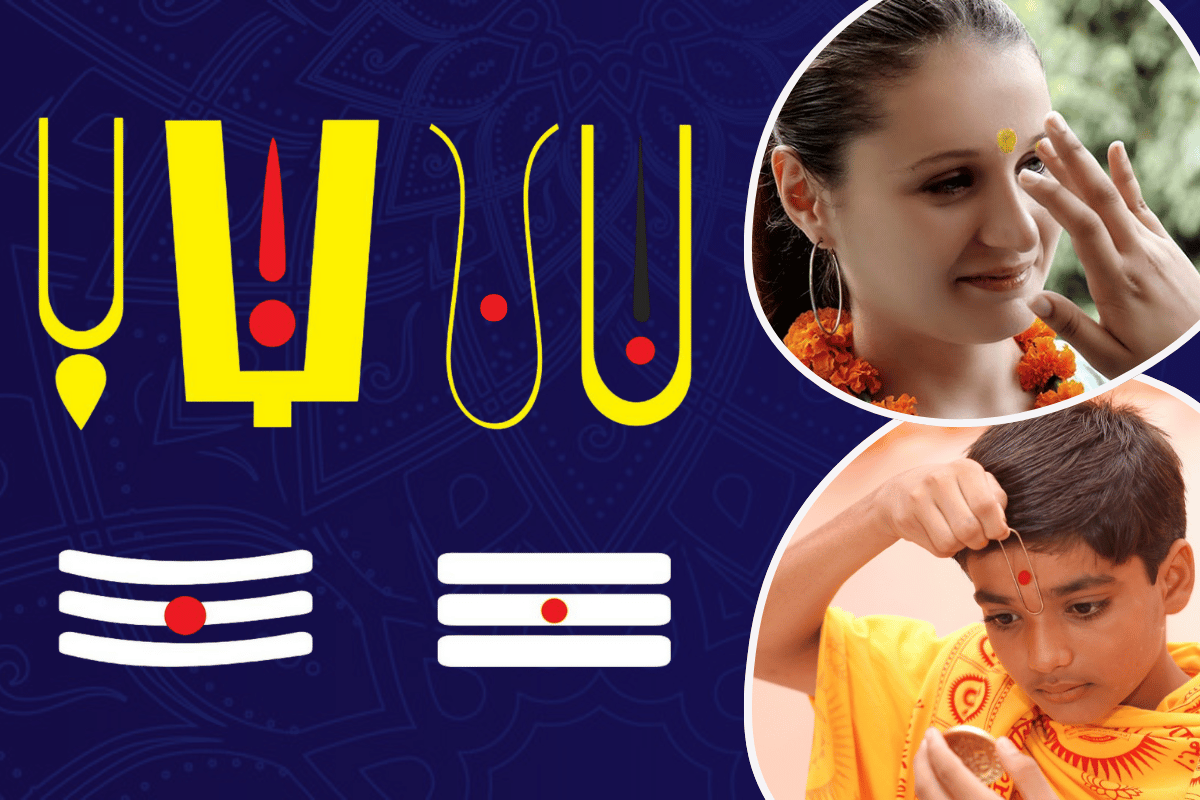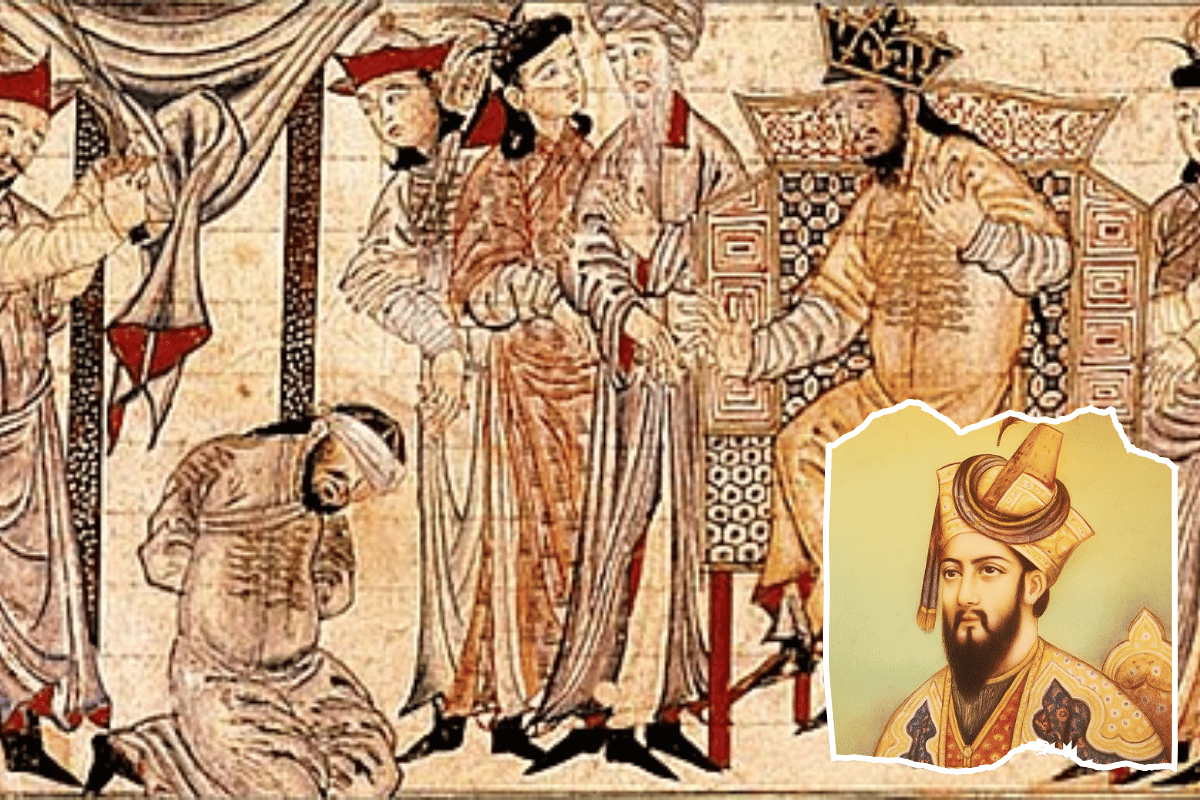
The BBC has a dedicated “Kashmir” tag for articles about the state. It appears to have a keen focus and interest in the region which was fractured during partition, after Britain drew the partition line and quit India.

The vast majority of articles seem to only focus on what the BBC calls “Indian-administered Kashmir”. There is some, but overall very little, focus on the Pakistan occupied territory.
Out of dozens of articles in the last few years, only a tiny handful are dedicated to Hindus and Sikhs who have been murdered by Islamist extremists.
There have been numerous incidents where non-Muslim Kashmiris have been lined up and shot dead, including a Sikh secondary school teacher. The victims are nearly always Hindu or Sikh, with occasional Muslims being shot who are perceived by Islamist militants to be “traitors”.
When India democratically removed Article 370 in Kashmir, the BBC’s coverage lacked balance on the reasons for the removal. Commentators say the abrogation of Article 370 allows more investment and gives women rights to land and education.
Women in Kashmir cheered the move, however, the narrative and commentary of the BBC’s coverage appeared at odds with the ground reality, heavily swaying towards highlighting the views of a smaller number of separatists and protestors.
The BBC failed to balance views in Kashmir with interviews from Muslim women and women’s rights activists in the region, who were one of the key beneficiaries of the change.
There are many female Kashmiri Muslim activists who supported the abrogation of Article 370, including Syed Tehmeena [43][44] and Yana Mir [45]. But very few Muslim voices who supported the abrogation of Article 370 made it to BBC articles or programming.
Shehla Rashid is another Kashmiri human rights activist with over 800,000 followers on X (formerly Twitter), she describes herself as a Muslim. Rashid posted stating that she feels that the human rights record in Kashmir has improved under the Narendra Modi government.
Much of the BBC coverage ignores these voices when they promote a positive story. Instead, they promote the narrative that it is Muslims versus the government, completely ignoring the voices of the Muslim activists who are democratically lobbying and working with the government to make a change in the state.
In 2022, The Kashmir Files became one of the highest-grossing Hindi films of the year. Based on real-life incidents, it told the story of how Kashmiri Hindus were brutally butchered and forced out of Kashmir in the 1990s by Islamist terrorists. These atrocities were recognised by the International Commission for Human Rights and Religious Freedom (ICHRRF) as a Kashmiri Hindu Genocide.
The exodus was just one of many previous massacres that have slowly eradicated the Hindu population in Kashmir, making it a Muslim majority after decades of persecution against native Hindus.
The director, Vivek Ranjan Agnihotri, received death threats. Normally if the media is suppressed or threatened around topics of India or Kashmir, the BBC are very quick to report on it. But, in Vivek Ranjan Agnihotri’s case, they seemed absent in supporting the free right to expression, with people questioning whether this was because he was a Hindu film director showing the plight of Hindus.
BBC Hindi at one point released a very peculiar video of Hindu Kashmiris claiming the film was a stunt [46]. Many fact checkers spotted that the people being interviewed were members of political parties, including the current opposition party, Indian National Congress (INC, or popularly the Congress).
A later tweet forced the BBC to clarify this glaring partiality. No apology was issued. Whether this was intentional, or just ignorant source-checking, it is indicative of incredibly poor journalism.
It would have been better journalism if the BBC had quoted more mainstream voices of Kashmiri Hindus, some of whom had congratulated the director for making the movie. Or the voices of Muslim social media content creators who recommended people watch the film [103], including Muslim Bollywood actor Aamir Khan who urged people to watch The Kashmir Files.
During the height of the MeToo movement a Kashmiri Muslim journalist Fahad Shah, had been accused of sexual harassment whilst studying in the UK. With claims that it was not just one woman who had faced harassment [341]. However, the BBC didn’t cover this or balance their article on Shah in 2023 after he had been arrested for terror-related offences.
Pakistani separatists also get rare coverage. For example, in Gilgit-Baltistan, some groups want freedom from Pakistani occupation. With Shia Muslims also protesting against the Pakistan government and wanting to open roads to India.
There were accusations from an India Today journalist that the BBC’s Urdu service is less sympathetic to separatist groups in Pakistan, including for Balochi freedom fighters who also want to break away from Pakistan.
The BBC does cover militancy in Balochistan but rarely covers local voices or views from those affected with the same intensity, including the Balochi diaspora.
References for this article can be found in the full report.
Download full report








